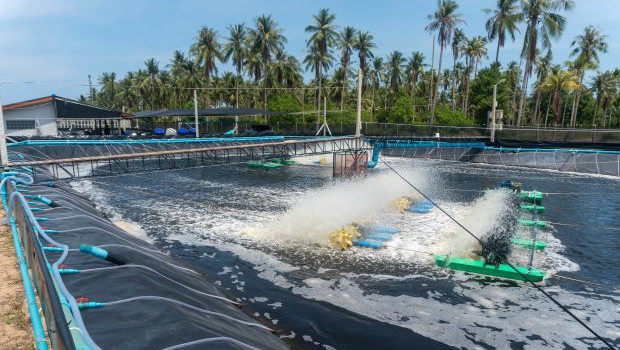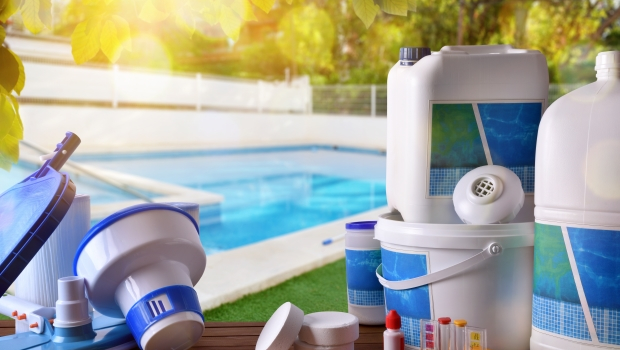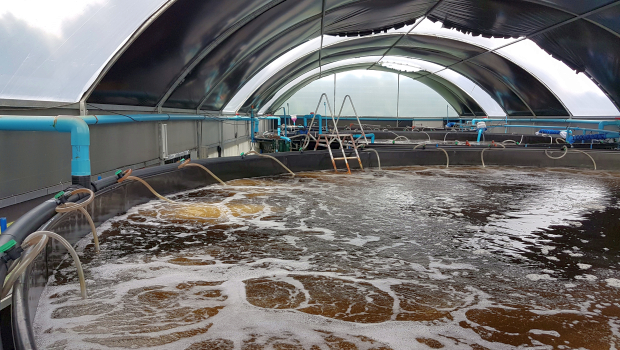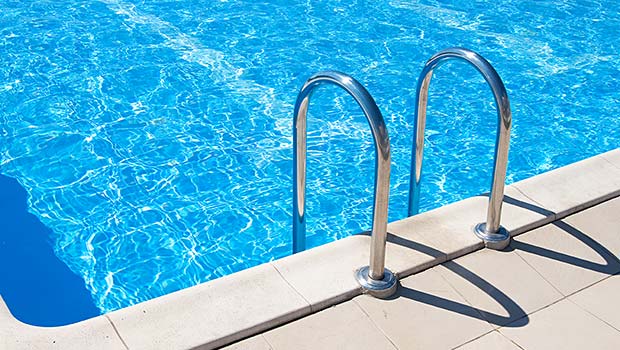
Shrimp farm KTn Farm
Optical Dissolved Oxygen Sensor DOS-20
We monitor the growth of shrimp by measuring the amount of dissolved oxygen in the water of the farm.
Thailand
- Automation
- Personnel-saving
- Operational-efficiency
- Facility-monitoring
- Water-conservation
- Inspection-reduction
- Building
- Sea-river-reservoir-dam







